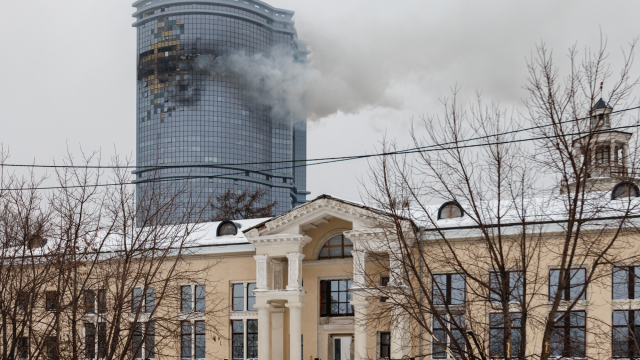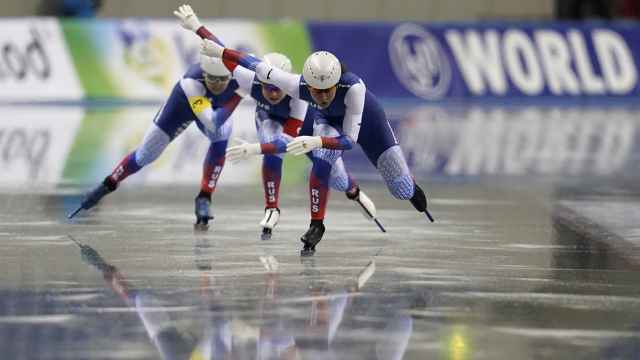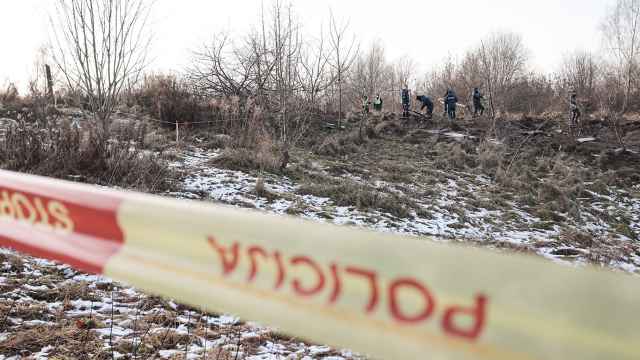Russia will lose at least 10 million able-bodied workers by 2025 and must attract more foreign specialists to survive, Security Council Secretary Nikolai Patrushev said Tuesday, Interfax reported.
Speaking at a council meeting in Yuzhno-Sakhalinsk, capital of the Sakhalin region, Patrushev said the country's reserves of young and middle-aged workers were "practically exhausted."
"This demands new solutions and measures to attract highly qualified workers, members of the so-called middle class, capable of solving the problem of modernization," he said, adding that by official estimates, two-thirds of the workers the economy needs fall into this category.
Patrushev said President Dmitry Medvedev has asked for a new migration policy, which the Security Council will review. He specified no deadline.
The choice of location for the former FSB chief's speech was deliberate: The Far East is suffering an acute population drain, and there's a shortage of workers for large infrastructure and oil and gas projects, as well as for machine building and transportation, he said.
The number of immigrants, meanwhile, is on the rise, with some 560,000 arriving to the Far East Federal District last year, compared with 360,000 in 2005. The figure for this year stands so far at 277,000, which is 8 percent more than for the first eight months of 2011, Rossiiskaya Gazeta .
Preliminary results from a nationwide census last fall put the Russian population at almost 142 million, 3 million less than during the previous census in 2002.
The number of able-bodied workers stood last year at 75.8 million, the BBC Russian Service , citing the State Statistics Service.
The statistics agency on its web site that Russia's population could fall by as many as 8 million by 2025. A 2008 United Nations report said the decrease may be 11 million, with widespread alcoholism, emigration, poverty and poor medical care to blame.
A Message from The Moscow Times:
Dear readers,
We are facing unprecedented challenges. Russia's Prosecutor General's Office has designated The Moscow Times as an "undesirable" organization, criminalizing our work and putting our staff at risk of prosecution. This follows our earlier unjust labeling as a "foreign agent."
These actions are direct attempts to silence independent journalism in Russia. The authorities claim our work "discredits the decisions of the Russian leadership." We see things differently: we strive to provide accurate, unbiased reporting on Russia.
We, the journalists of The Moscow Times, refuse to be silenced. But to continue our work, we need your help.
Your support, no matter how small, makes a world of difference. If you can, please support us monthly starting from just $2. It's quick to set up, and every contribution makes a significant impact.
By supporting The Moscow Times, you're defending open, independent journalism in the face of repression. Thank you for standing with us.
Remind me later.





